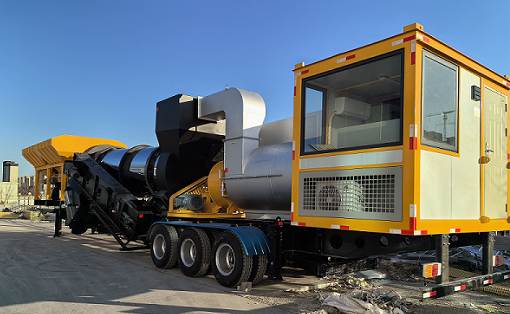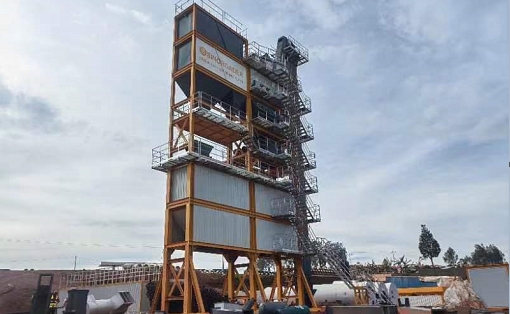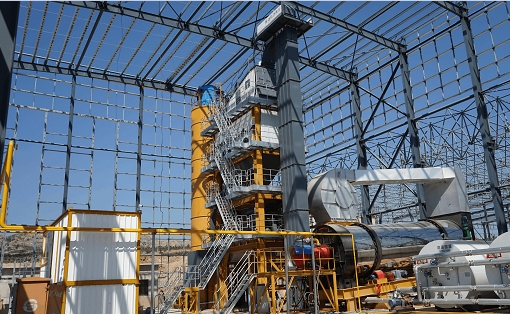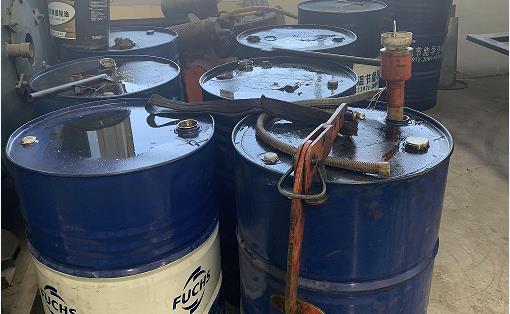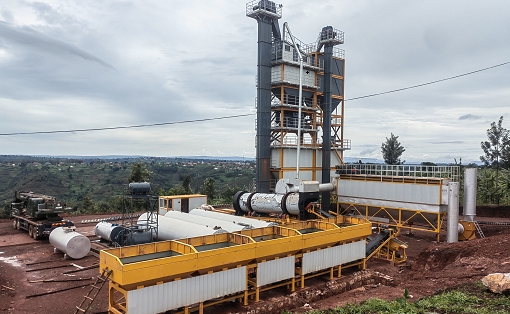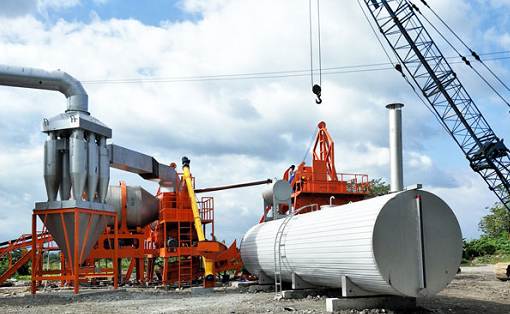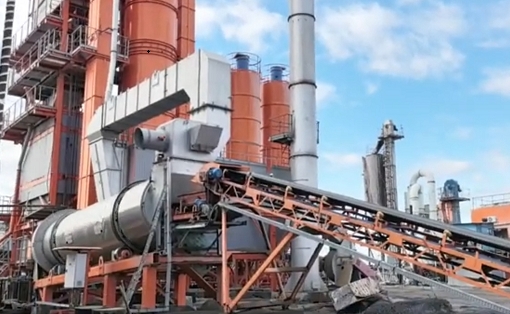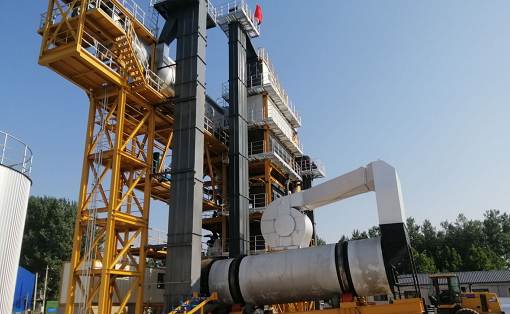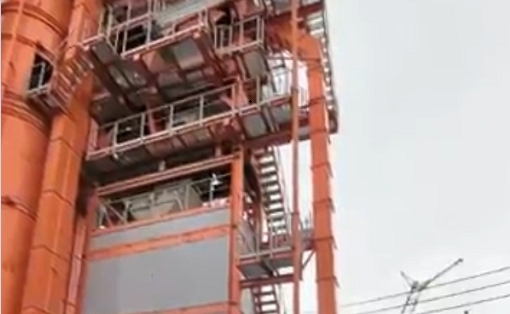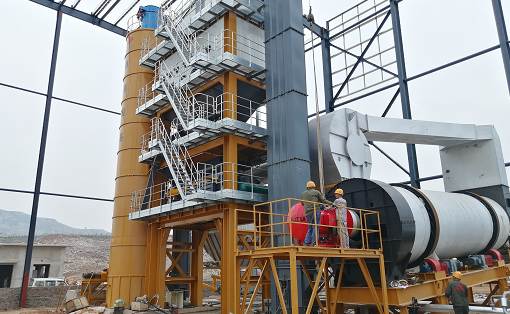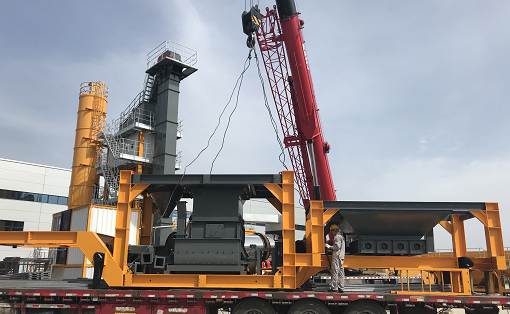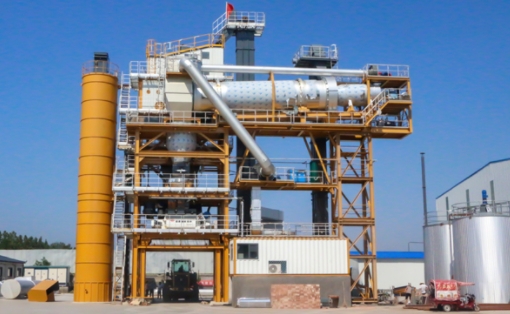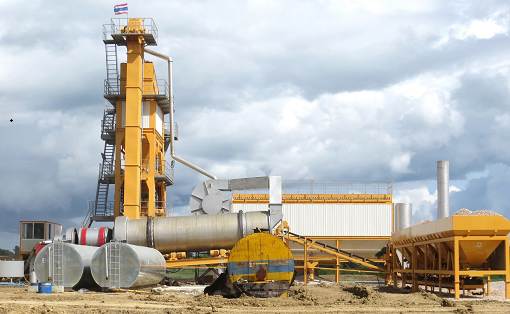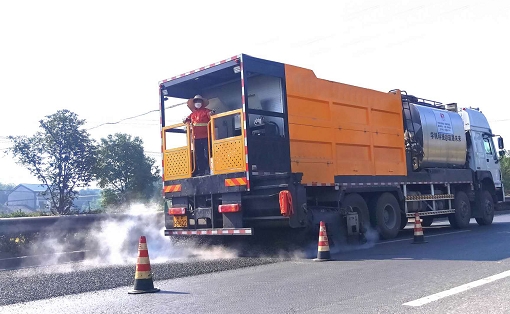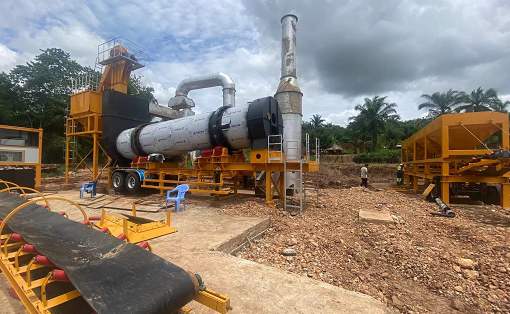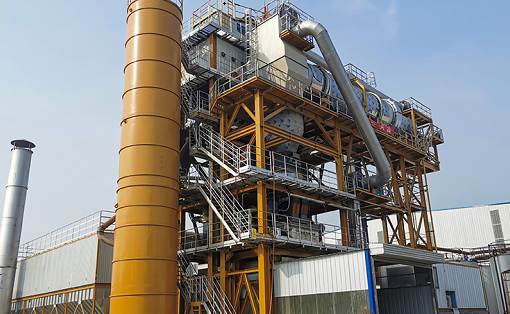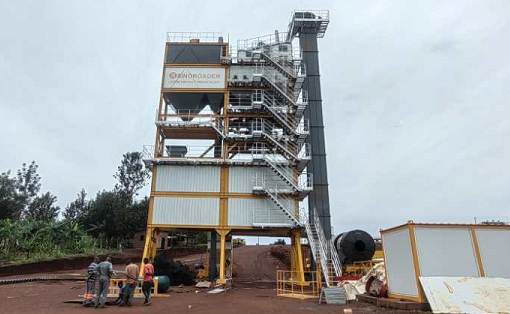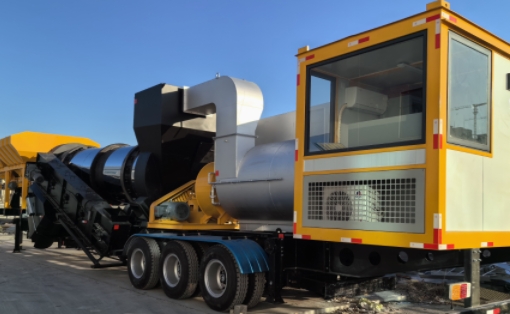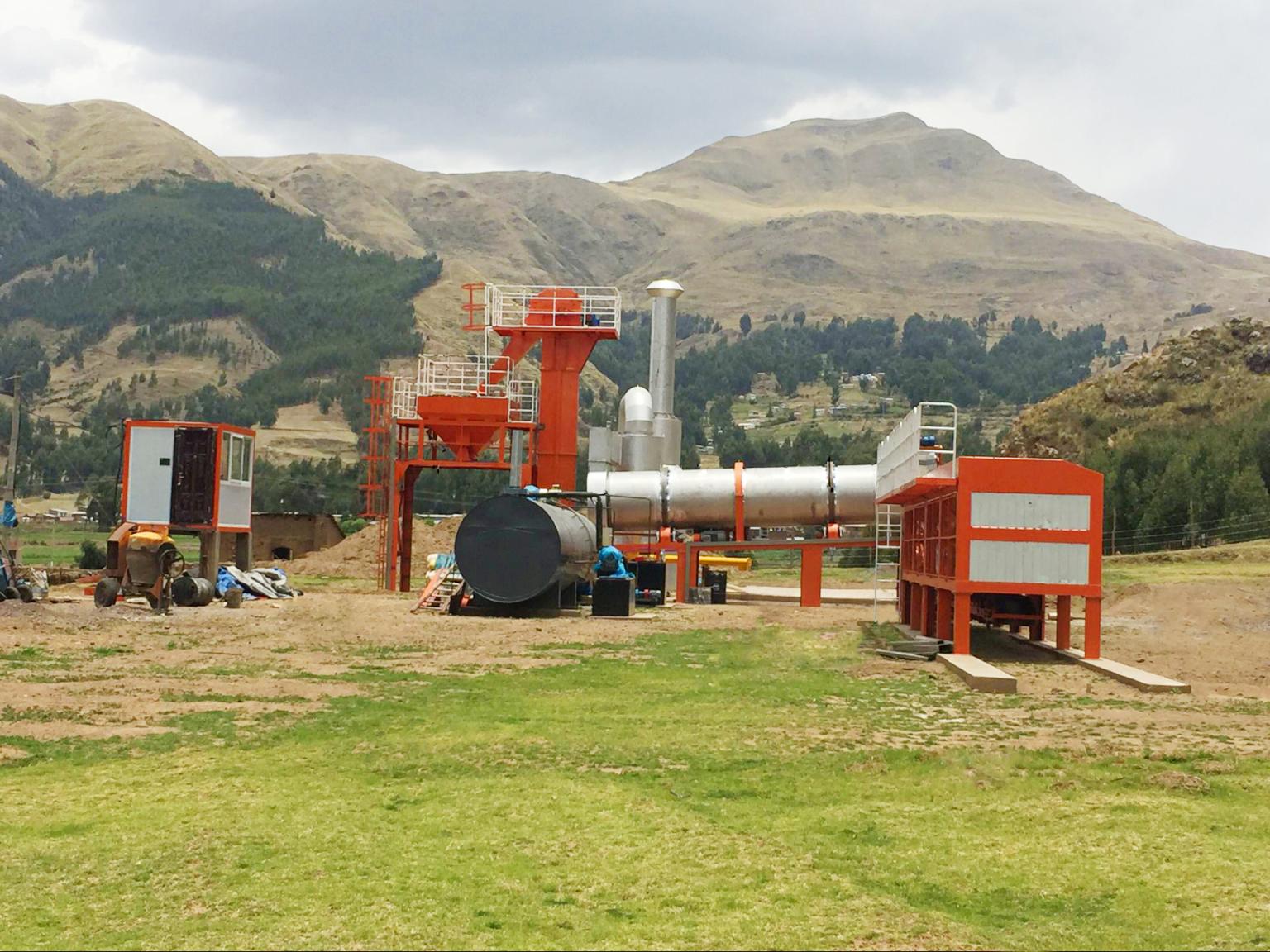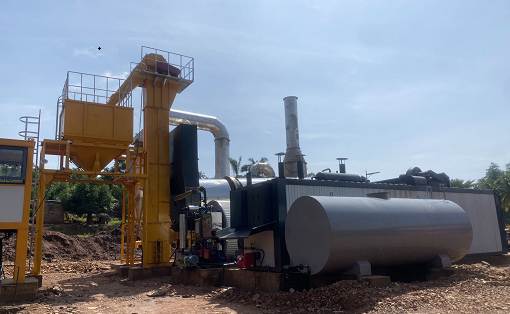Maintenance tips for asphalt mixing plants
Construction safety has always been a major issue, and we cannot let any safety hazard go unnoticed. Especially the use of equipment at the construction site. Asphalt mixing stations are prone to failure. Strengthening the maintenance of this equipment is essential to ensure safe construction at the construction site, improve equipment integrity, reduce equipment failures, and ensure the quality of concrete. The role of neglect.
The composition of the asphalt mixing plant is relatively complex, so during maintenance, classified maintenance should be carried out according to the usage and functions of different parts. Maintenance content can be divided into tank maintenance, winch system maintenance and adjustment, stroke limiter adjustment and maintenance, wire rope and pulley maintenance, lifting hopper maintenance, track and track bracket maintenance, etc.
Construction safety has always been a major issue, and we cannot let any safety hazard go unnoticed. Especially the use of equipment at the construction site. Asphalt mixing stations are prone to failure. Strengthening the maintenance of this equipment is essential to ensure safe construction at the construction site, improve equipment integrity, reduce equipment failures, and ensure the quality of concrete. The role of neglect.
The composition of the asphalt mixing plant is relatively complex, so during maintenance, classified maintenance should be carried out according to the usage and functions of different parts. Maintenance content can be divided into tank maintenance, winch system maintenance and adjustment, stroke limiter adjustment and maintenance, wire rope and pulley maintenance, lifting hopper maintenance, track and track bracket maintenance, etc.
Among them, the tank is a device that is prone to wear and tear and needs to be maintained more frequently. Frequently used parts such as liners, blades, mixing arms and material door seals should be adjusted and replaced in time according to wear and tear. After mixing the concrete in the asphalt mixing station, the tank must be flushed in time, and the remaining concrete in the tank and the concrete adhering to the material door must be thoroughly flushed to prevent the concrete in the tank from solidifying. The flexibility of opening and closing the material door should be checked frequently to prevent the material door from getting stuck. The thick oil pump is operated twice per shift to supply oil to the shaft end of the tank to lubricate the bearings and discharge sand, water, etc. During the maintenance process, the power supply must be cut off and personnel must be assigned to take care of it to avoid accidents. Make sure there are no foreign objects in the tank before starting the machine each time, and it is strictly prohibited to start the host with load.
The winch system of the asphalt mixing plants will affect the work efficiency and ensure that the hopper can operate correctly to the appropriate position when needed at the construction site. The large nut on the back seat of the motor can be adjusted to adjust the power torque. Remove the connecting screw between the lock nut and the fan brake, retreat the lock nut to the appropriate position, move the rotor to the extreme position toward the shaft end, and then Move the fan brake backward so that the brake ring fits the inner conical surface of the rear cover. Tighten the locking nut until it contacts the end surface of the fan brake. Then screw it in one turn and tighten the connecting screw. If there is abnormal braking in the hopper, move the locking nut back to the appropriate position, and then tighten the hexagon socket bolt at that end clockwise. If the machine is stuck when starting the lifting motor, move the locking nut back to the appropriate position first, and then tighten the hexagon socket bolt clockwise. Loosen the hexagon socket bolt at this end, lengthen the inner brake distance, and then tighten the locking nut.
For the limiter, we should regularly check whether there are abnormal connections, different lines, etc. These conditions will affect whether the asphalt mixing station can operate safely. Regular maintenance and inspection of asphalt mixing plants can not only ensure project quality, but also reduce project costs and improve construction efficiency.

